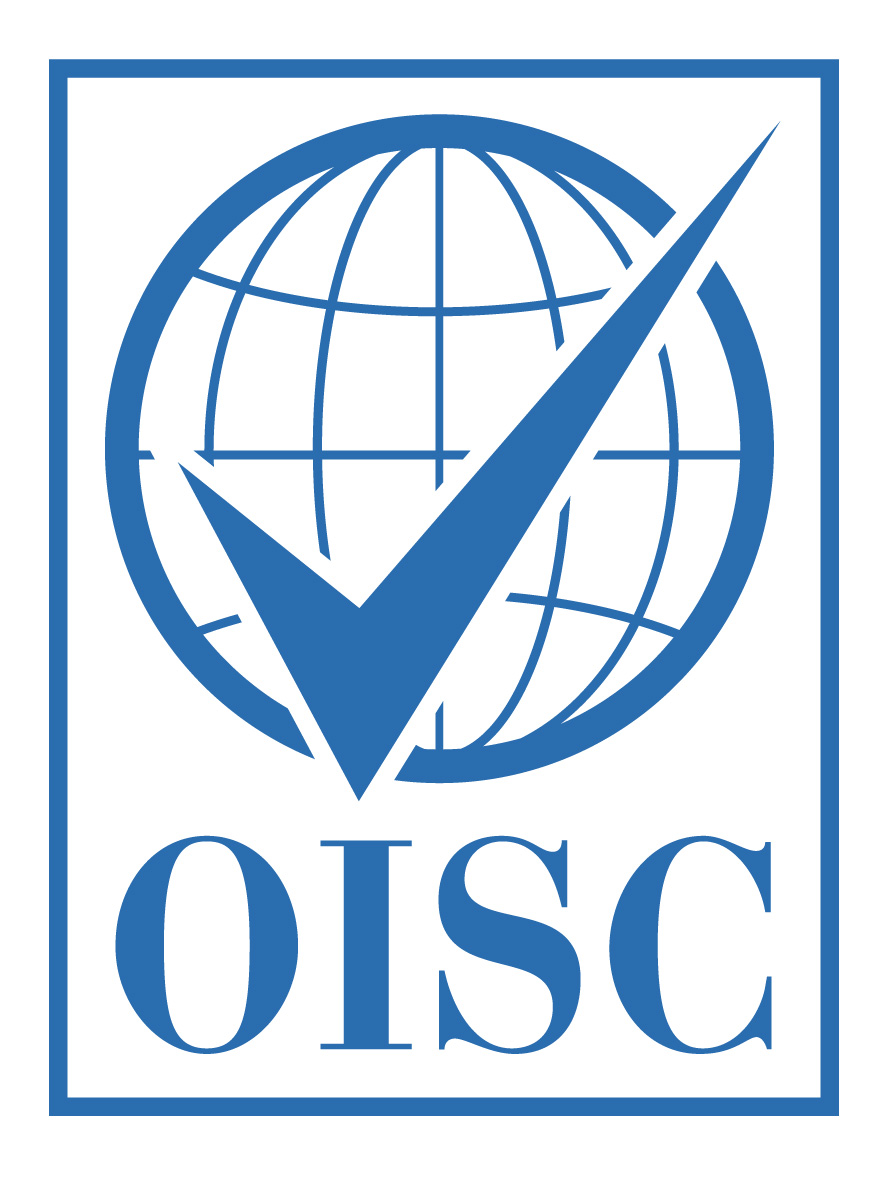This page covers the following topics
- Introduction
- UK Creative Worker visa – Overview
- Certificate of Sponsorship for a UK Creative Worker visa
- Applying for a UK Creative Worker visa
- Permitted and not permitted activities in the UK on a UK Creative Worker visa
- Extending a UK Creative Worker visa
- Switching to a UK Creative Worker visa
- Bringing a partner and children to the UK on a UK Creative Worker visa
- People also ask
Introduction
The UK Short-term work visas are a part of the Tier 5 visas and come under the UK’s Point-based system. The UK Short-term work visas are also known as ‘Temporary Workers Visas’
The visas under this category are listed below:
- UK Charity Worker visa.
- UK Creative Worker visa.
- UK Government Authorized Exchange visa.
- UK International Agreement visa.
- UK Religious Worker visa.
- UK Seasonal Work visa.
- UK Youth Mobility Scheme visa.
- UK Graduate visa.
UK Creative Worker visa – Overview
Applicants must apply for a UK Creative Worker visa if they have been offered work in the UK as a creative worker. A creative worker is someone who works in the creative industries. For example, an actor, dancer, musician, or film crew member.
| Eligibility criteria | List of documents |
|---|---|
The eligibility criteria for a UK Creative Worker visa are listed below:
|
The documents required to apply for a UK Creative Worker visa are listed below:
|
Certificate of Sponsorship for a UK Creative Worker visa
The applicant must have a Certificate of Sponsorship from a licensed employer before they can apply to come to the UK to work.
- The UK-based employer – also known as a ‘Sponsor’ – must provide the applicant with a ‘Certificate of Sponsorship’ stating all the information with regard to the job role for which the applicant is employed in the UK.
- It’s an e-Certificate. That means, it is an electronic record and not a paper document.
The applicant will need the reference number from the Certificate of Sponsorship to apply for the visa. - The Certificate of Sponsorship must be valid for 3 months from the date it is assigned to the applicant.
Applying for a UK Creative Worker visa
The applicant can apply for a UK Creative Worker visa up to 3 months before the day they are due to start work in the UK. This date is listed on the Certificate of Sponsorship.
Permitted and not permitted activities in the UK on a UK Creative Worker visa
The applicant is permitted to:
- Study (for some courses).
- Work for the sponsor in the job described on the applicant’s Certificate of Sponsorship.
- Do a second job in the same sector at the same level as the applicant’s main job for up to 20 hours per week.
- Do a job on the Skilled Worker shortage occupation list for up to 20 hours per week.
- Bring a partner and children (under 18 years), if they’re eligible.
The applicant is not permitted to:
- Get public funds.
- Start a business.
Extending a UK Creative Worker visa
The applicant can apply to extend their UK Creative Worker visa before their current visa expires.
Switching to a UK Creative Worker visa
The applicant can switch to a UK Creative Worker visa if all the following apply:
- The applicant is in the UK on a UK Standard Visitor or for a UK Permitted Paid Engagement visa.
- The applicant has been doing permitted activities in the creative sector.
The applicant’s sponsor gave them a Certificate of Sponsorship before they came to the UK. - The applicant has to apply before their current visa expires.
- The applicant cannot switch to a UK Creative Worker visa if they have used the Creative Worker visa concession to enter the UK.
Bringing a partner and children to the UK on a UK Creative Worker visa
- The applicant can bring along a partner and children (under 18 years) to join them in the UK as their ‘dependants’ if they’re eligible.
- If their application is successful, their visa will end on the same date as the main applicants.
A dependent partner or child is any of the following:
- Husband, wife, civil partner, or an unmarried partner.
- Children under 18 years – including if they were born in the UK during the main applicant’s stay in the country.
- Children over 18 years if they’re currently in the UK living as a dependant.




